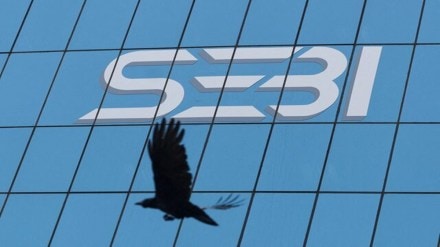The Securities and Exchange Board of India’s (SEBI) high-level committee (HLC), which is working on a new conflict of interest code, is pushing for sweeping changes to ensure transparency in the organisation through board oversight, said sources close to the development.
Some of the recommendations include, public disclosures of assets held by board members, aligning employee service regulations for part-time and whole-time board members (WTMs), along with capacity building in terms of employee training.
The committee, formed in April, had met last Friday to discuss their proposals with the chairman and received positive feedback. The source added that the report is expected to be released in October.
The committee is headed by Pratyush Sinha (chairman), Injeti Srinivas (vice-chairman), Uday Kotak, G Mahalingam, Sarit Jafa and R Narayanaswamy.
Balancing transparency with privacy
However, the committee is also of the view that while transparency is important, it should not come at the cost of privacy. Rule 3(1) of the SEBI service rules says that the chairman/WTM “shall be a person who does not, and will not, have any such financial or other interests as are likely to prejudicially affect his functions as such Chairman or Member.”
The current code states that any person, who has reasonable grounds to believe that a member has an interest in a particular matter, may bring the same with material evidence to the notice of the Secretary to the Board.
Towards stricter conflict-of-interest norms
A Reuters report on Wednesday, citing sources, reported that the SEBI chairman and full-time members – the second rung of leadership – will be asked to disclose assets and shares held before joining. The panel will recommend that stricter norms applicable to its over 1,000 employees should be applied to the regulator’s board as well, it said and added that the panel will recommend a standard process for disclosures, recusals and investments. The chairman and board members typically recuse themselves from cases where there is a conflict, but the policy is not clearly defined.
SEBI approved formation of a high-level committee in the first board meeting under chairperson Tuhin Kanta Pandey, after his predecessor Madhabi Puri Buch had faced allegations of conflict of interest in the regulators’ investigation into Hindenburg’s accusations on the Adani Group.
SEBI chairman had said that the framework has to be clear on the list of dos and don’ts as there are grey areas, “which is why we want the high-level committee to apply its mind”. “A framework for monitoring is required. If someone has recused themselves, there should be some ready-made database. There has to be a definition of what is a conflict-of-interest and vice versa,” he had said.
Its mandate is to review the provisions related to conflict of interest, disclosures pertaining to property, investments, liabilities and other related matters in respect of members and officials of the board. In addition, it will recommend a mechanism for the public to raise concerns pertaining to conflict of interest and disclosures, including a process to examine complaints.
